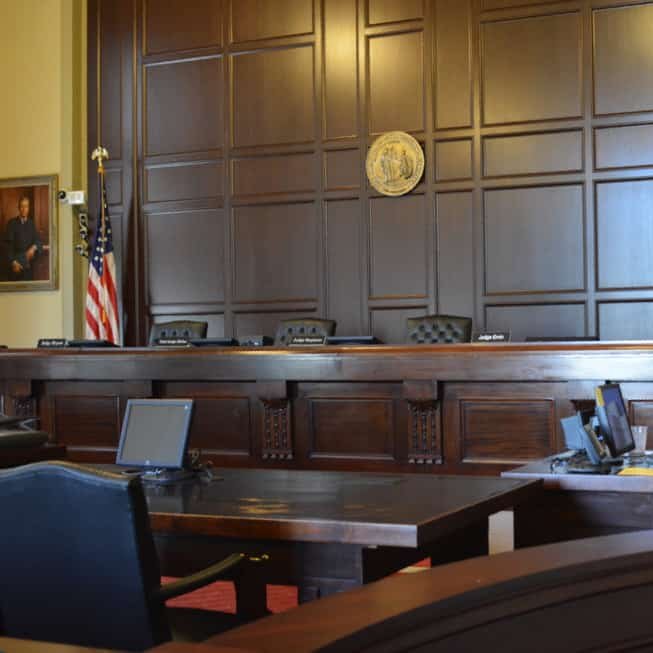BREAKING: 65,000 Ballots Under Scrutiny in NC! Did Illegal Counting Alter 2024 Election Results? Should Accountability Follow?
In a significant ruling, the North Carolina Court of Appeals has determined that approximately 65,000 ballots may have been counted illegally in the contentious 2024 Election, where Democrats secured victory by a narrow margin of only 650 votes. This revelation raises serious questions about the integrity of the electoral process and whether individuals involved in potential wrongdoing should face legal consequences. The implications of this decision could have far-reaching effects on future elections and public trust in the voting system. For ongoing updates and expert commentary on this developing story, follow Kash Patel’s insights on Twitter.

BREAKING: North Carolina Court of Appeals says 65,000 ballots might have been illegally counted in the 2024 Election. DEMOCRATS WON BY ONLY +650 VOTES.
Should people go to prison for this?
If YES, follow my new account. pic.twitter.com/tGrjnmvx3V
— Kash Patel FBI Dir. COMMENTARY (@KashPatelDir) April 5, 2025
BREAKING: North Carolina Court of Appeals says 65,000 ballots might have been illegally counted in the 2024 Election
Have you heard the news? The North Carolina Court of Appeals has dropped a bombshell, claiming that a staggering 65,000 ballots might not have been counted legally in the recent 2024 election. This revelation is shaking up the political landscape as the Democrats reportedly won by a mere 650 votes. What does this mean for the integrity of our elections? And more importantly, should those responsible face prison time?
The implications of this situation are enormous. If these allegations hold water, we could be witnessing one of the most significant electoral controversies in recent history. It raises questions about the reliability of our voting systems and whether we can trust the outcomes of elections. With so many ballots potentially mishandled, the integrity of our democratic process is at stake. The phrase “every vote counts” has never felt more real, right?
DEMORATS WON BY ONLY +650 VOTES
The fact that the Democrats won by just 650 votes amidst the potential mishandling of 65,000 ballots is highly concerning. It leads to speculation: how many other elections have faced similar issues? Are we truly aware of the extent of voting irregularities in our country? This is not just a North Carolina issue; it could reflect broader problems in electoral processes nationwide. As citizens, we should demand transparency and accountability in our elections.
The North Carolina Court of Appeals’ ruling has sparked outrage and debate across the political spectrum. Some are calling for a thorough investigation into the matter, while others believe it’s simply a politically motivated attempt to undermine the election results. But one thing is clear: the public deserves answers. The integrity of our electoral system is vital for maintaining trust in democracy.
Should people go to prison for this?
With the gravity of the situation at hand, it’s only natural to ask: should those involved face legal repercussions? The idea of prison time for election misconduct is a hot topic. Many people feel that if laws were broken, especially in something as crucial as an election, there should be consequences. After all, we want to ensure that those who jeopardize our democratic process are held accountable.
The call for justice is echoed by many political commentators and citizens alike. The thought of individuals facing serious penalties for potentially undermining the electoral process is not just about punishment; it’s about preserving the democratic values we hold dear. Imagine if this happened in your state—wouldn’t you want to see justice served?
If YES, follow my new account.
If you believe that accountability is essential in this matter, consider staying informed. Following commentators and analysts who are closely monitoring this situation can help you stay updated on developments. It’s crucial to engage in discussions about electoral integrity and the implications of these findings.
As we navigate this complex issue, it’s essential to remain vigilant and demand transparency. The outcome of this situation could set a precedent for how we handle future electoral disputes. Let’s make sure our voices are heard, and our democratic processes are protected!
